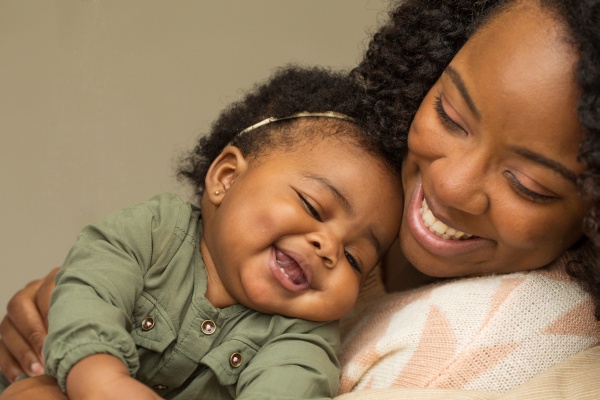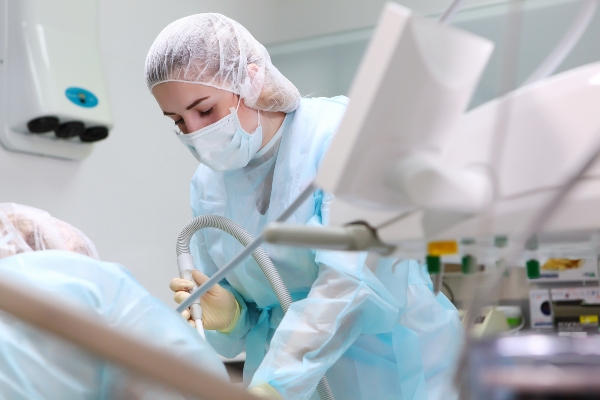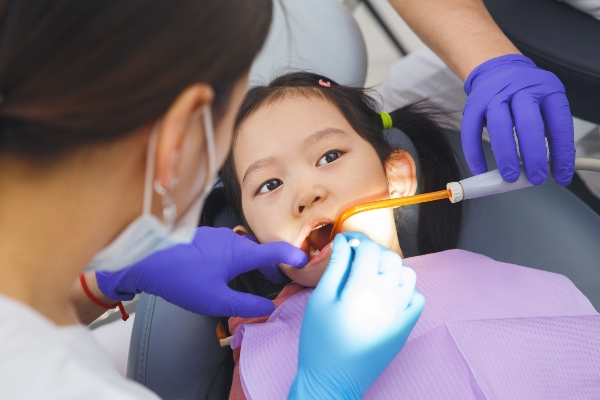How Many Baby Teeth Should My Child Have?

Baby teeth are quite fascinating. Whether you have an infant or plan to have a family at some point, teething is tough. For children, the process of teeth erupting hurts. For that reason, they cry, fuss and drool a lot. Fortunately, there are ways to make the teething period easier on your child and you.
When do baby teeth first erupt?
Every child is different. While no age is set in stone, most have their first tooth by the age of six months. However, some infants cut the first tooth at three months. On rare occasions, children are born with one or more teeth. On the other hand, some babies do not get the first tooth until 15 months, sometimes older. Of course, parents with concerns should talk to a pediatric dentist.
What is the normal number of baby teeth?
Baby teeth are already under the gums at birth. However, they do not begin to erupt until about six months of age. The central incisors or front teeth typically come in first, starting with the bottom and then the top. Then around nine months, the lateral incisors erupt. In this case, it is common for the upper teeth to appear first, followed by the lower ones. From then to about 33 months of age, all baby teeth are out.
In total, there are 20 baby teeth. That means for roughly 33 months, both child and parents go through periods of teething. A pediatric dentist will likely recommend some type of teething ring for the baby to gnaw on. That puts pressure on the gums, helping the teeth erupt while decreasing pain. If necessary, a parent can give the child over-the-counter pain medication as directed by a pediatric dentist.
Interesting facts about baby teeth
Throughout the 33-month teething process, a child loses baby teeth. As those fall out, permanent teeth begin to appear. However, instead of throwing out baby teeth, parents should keep them. Then ask a pediatric dentist to remove the pulp inside of the teeth. Why does that matter? The reason is the teeth contain valuable stem cells.
Parents can then opt to keep the pulp of the baby teeth in a tooth bank. If at some point, a child develops a serious illness, the stem cells could prove life-saving. Another interesting fact is that baby teeth help a child learn to talk. Without them, forming words correctly would be impossible.
Baby teeth serve a specific purpose. They work as placeholders for the adult teeth that will eventually come in. For that reason, baby teeth have the correct spacing required. Baby teeth even help with digestion. Simply put, the chewing motion aids in an infant’s digestive process.
Talk to a pediatric dentist if you have concerns
When your child begins to teeth, it is important to show a lot of love and patience. After all, having a baby tooth come in is no walk in the park. Talk to your pediatric dentist about steps you can take to make the process easier. While sometimes frustrating, this is a natural part of growing up. Before you know it, you will have an adult child with 32 permanent teeth.
Request an appointment here: https://www.hvkidsmiles.com or call Hudson Valley Pediatric Dentistry at (845) 363-4177 for an appointment in our Middletown office.
Check out what others are saying about our services on Yelp: Read our Yelp reviews.
Recent Posts
A pediatric root canal is a restorative procedure that can preserve the overall health of a child’s smile. This applies even if the affected tooth is a primary tooth. After the procedure, a pediatric dentist will likely place a dental crown on top of the treated tooth. Crowns not only protect the treated tooth but…
Getting ready for a pediatric root canal is crucial if your child is to have a pleasant treatment experience. A damaged pulp causes serious pain. Even if extraction is an option, keeping the baby tooth intact is always a priority. Knowing what this procedure has in store can prepare your child well for it. Here…
Your child may need a pediatric root canal for an infected baby tooth. Research shows that many parents think that this is not necessary since the baby tooth will fall out anyway. But baby teeth play a vital role in your child’s dental development and health. Knowing the signs your child may go through a…
Your child’s pediatric root canal will be a delicate and painless procedure. The aim is to preserve the dental structure and prevent extraction. Preparing for this treatment is crucial. Here are five FAQs to consider during your child’s pediatric root canal consultation day.The dentist will numb the injection site with a gel or cream first.…


